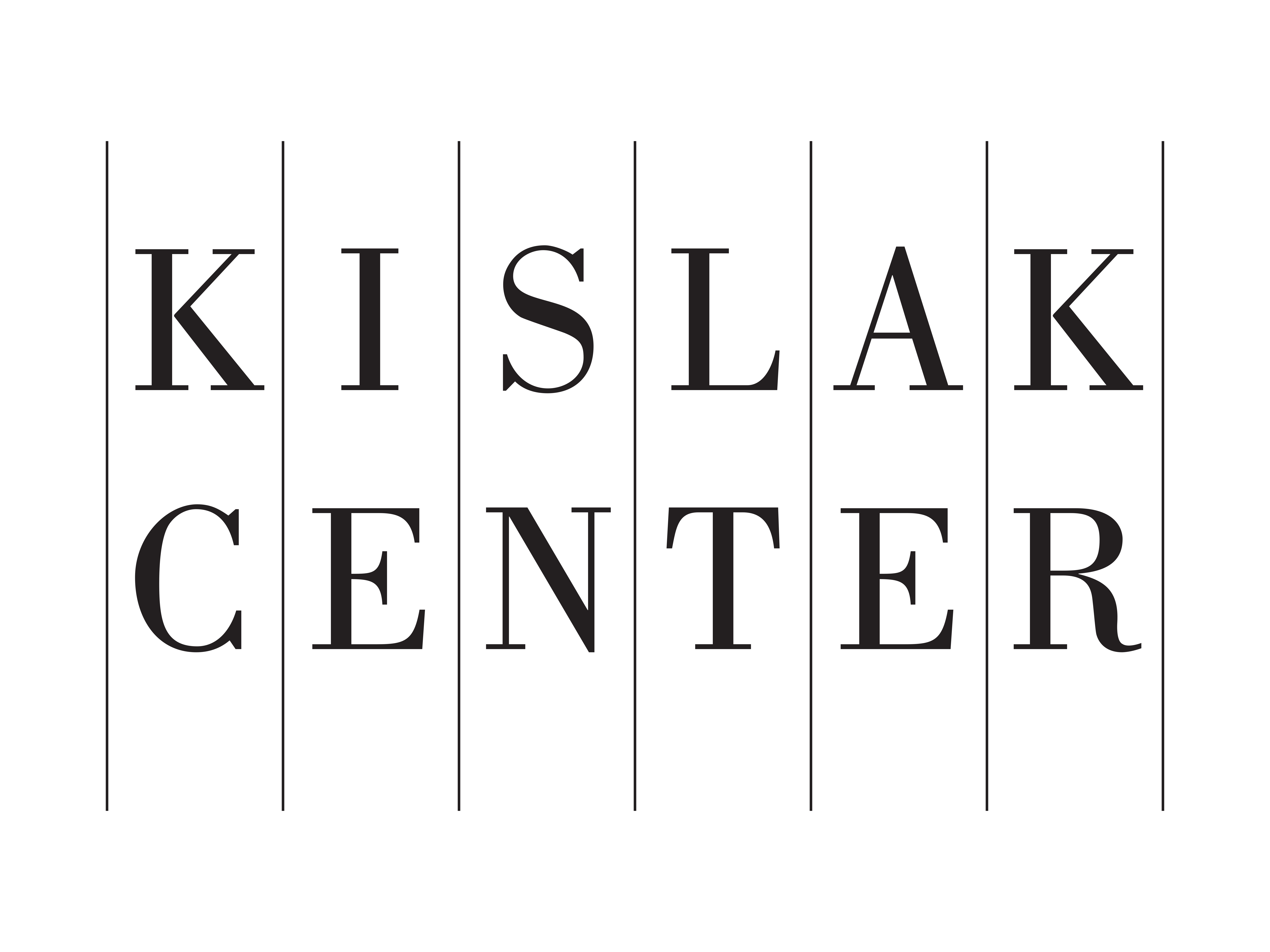Kislak Talks
Traci Ardren: Tequesta in Context
Wednesday, November 8, 2023
6:30–8:00 PM
HistoryMiami Museum
101 West Flagler Street, Miami

Kislak Talks
Traci Ardren: Tequesta in Context, From Deep History to Downtown Redevelopment
Rapid redevelopment of downtown Miami continues to reveal further evidence of the original peoples who lived at the mouth of the Miami River. Known since Spanish contact as the Tequesta, these expert fisher-hunter-gatherers lived for thousands of years in hardwood hummocks along both banks of the river at the edge of Biscayne Bay. Archaeological and documentary evidence of Tequesta life abounds but remains little known to the public. Traci Ardren, a leading scholar of the pre-Hispanic world, explains what we know about Tequesta lifeways, how we know it, and the important lessons Tequesta culture can provide Miamians struggling to manage rising sea levels and an imperiled ecosystem. Introduced by Dr. Carol Damian, Curator of MDC’s Kislak Center, Dr. Ardren places the recent excavations near the Miami Circle, and other components of the ancient capital of the Tequesta, such as the Met Square development, into the context of the deep history of Indigenous cultural accomplishments in South Florida.
A Professor in the Department of Anthropology at the University of Miami, Dr. Traci Ardren is an anthropological archaeologist interested in New World prehistoric cultures. Her research focuses on issues of identity and forms of symbolic representation in the archaeological record, especially the ways in which differences are explained through gender. Her current preoccupations include the role of cuisine in identity formation in the later periods of Classic Maya culture and prehistoric southern Florida, as well as the ways we can read memories in ancient living spaces. As Consulting Curator for Mesoamerican Art at the Lowe Art Museum at UM, Ardren has curated exhibitions that include Flowers for the Earth Lord: Guatemalan Textiles from the Permanent Collection in 2006, The Jaguar’s Spots: Ancient Mesoamerican Art from the Lowe Art Museum in 2010, and, most recently, Kay Pacha: Reciprocity with the Natural World in the Ancient Art of the Andes in 2016. She grew up in and around the Ringling Museum of Art and the many ways in which objects are allowed to convey our wants and needs is a lifelong fascination for her. Her research has been supported by the National Geographic Society and the National Science Foundation. Dr. Ardren is the author of Social Identities in the Classic Maya Northern Lowlands: Gender, Age, Memory, and Place (University of Texas Press, 2015), editor of Her Cup for Sweet Cacao: Food in Ancient Maya Society (University of Texas Press, 2020), co-editor of The Maya World (Routledge, 2020), and, most recently, author of the third revised edition of Everyday Life in the Classic Maya World (Cambridge University Press, 2023).
"Tequesta in Context, From Deep History to Downtown Redevelopment" is sponsored by the Kislak Center at Miami Dade College; HistoryMiami Museum; and the University of Miami’s Center for the Humanities, Lowe Art Museum, NAGIS (Native American and Global Indigenous Studies), and LISG (Libraries Indigenous Studies Group).
